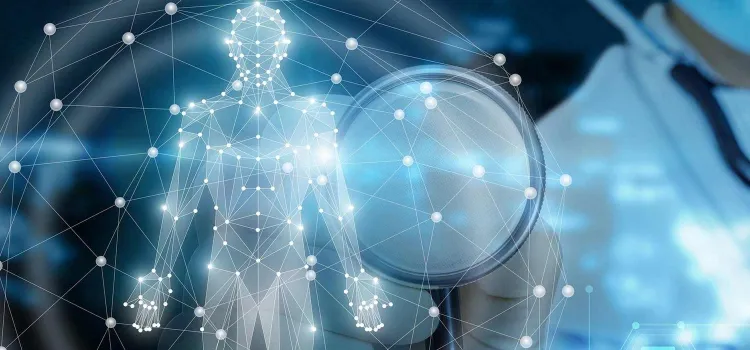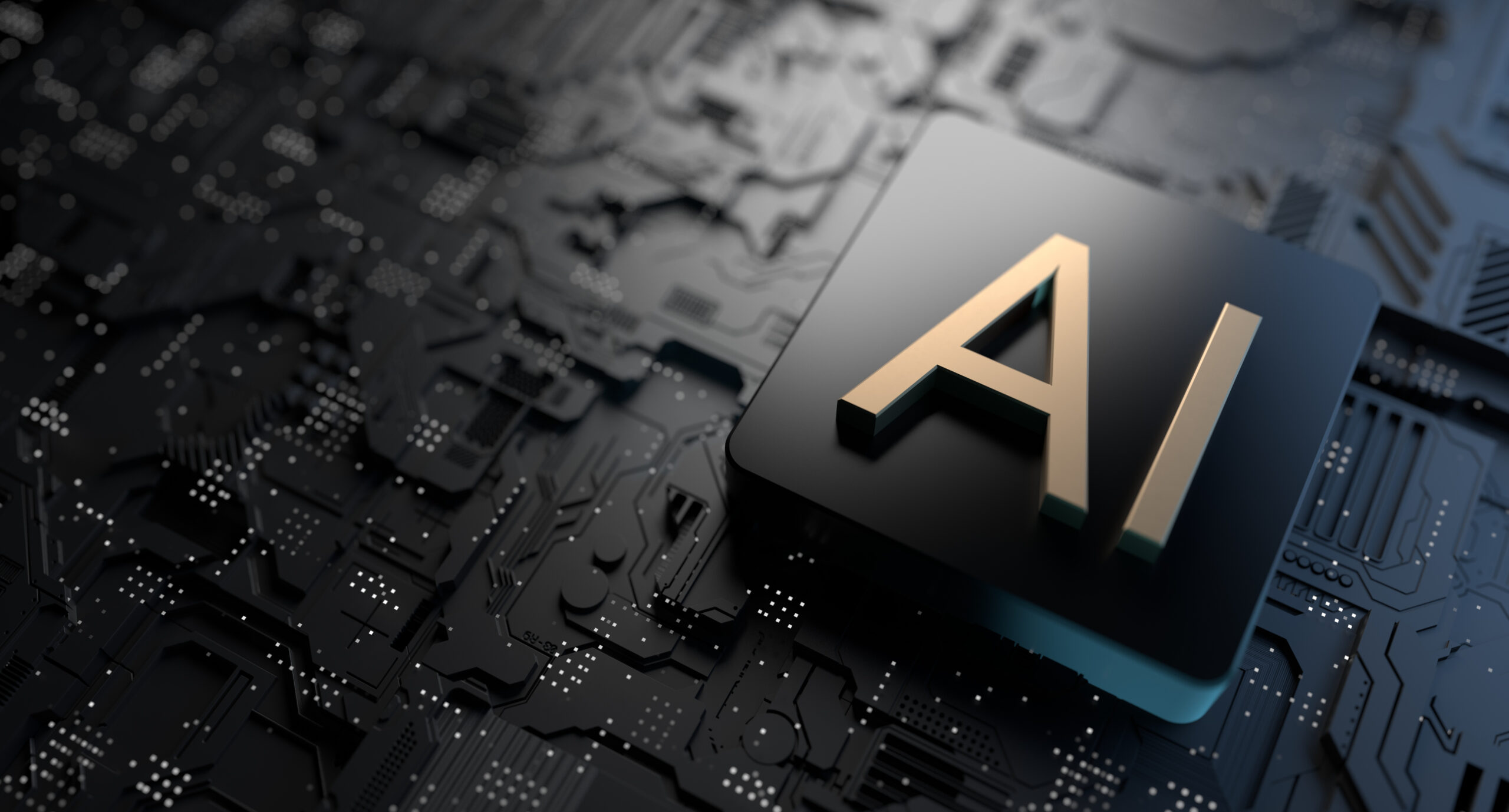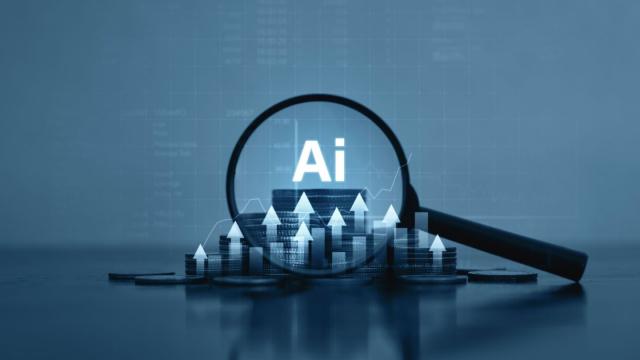

Artificial intelligence (AI) is reshaping the healthcare industry, offering new possibilities for diagnostics, treatment, and patient care. Recent AI policy changes in the U.S. could further accelerate investment in health tech, ensuring the industry remains at the forefront of medical innovation. With AI-driven solutions already demonstrating significant potential in fields like radiology, drug discovery, and patient management, regulatory shifts are poised to create an environment that fosters both investment and innovation.
The Role of AI in Health TechAI is increasingly being used in healthcare to enhance efficiency, accuracy, and accessibility. Key applications include:
With AI's increasing presence in healthcare, new policies are being developed to ensure its ethical use while promoting investment.
U.S. AI Policy Changes: What’s New?The U.S. government is taking steps to regulate AI in healthcare to balance innovation with patient safety and ethical concerns. Key policy shifts include:
FDA AI Regulations
Data Privacy and Security Enhancements
AI Liability and Ethical Frameworks
Government AI Funding for Healthcare Innovation
These policies aim to create a safer, more reliable AI ecosystem while attracting investors looking to capitalize on the growing demand for AI in medicine.
Impact on Health Tech InvestmentsThe recent AI policy changes are expected to drive significant investments in health tech. Some of the key effects include:
Increased Venture Capital Activity
Growth in AI Startups Focused on Healthcare
Corporate Investments and Mergers
Expansion of AI in Telemedicine
While AI policy changes offer opportunities, there are also challenges:
Swipe. Select. Stay informed.


The U.S. continues to dominate AI research and development, but China’s aggressive investments in artificial intelligence are closing the gap. As both nations compete for AI supremacy, the race for innovation is reshaping global technology, security, and economic influence
The U.S. government is ramping up investments in artificial intelligence for defense, focusing on cybersecurity, autonomous weapons, and intelligence analysis. These efforts aim to maintain national security and technological superiority in a rapidly evolving global landscape
The U.S. government’s AI policy changes are set to transform health technology investments, fostering innovation in diagnostics, treatment, and medical research. These changes could boost investor confidence and accelerate the adoption of AI-powered healthcare solutions.
As AI advances, job displacement concerns grow. However, the U.S. economy is adapting by fostering new opportunities, reskilling programs, and AI-driven industries.



Economic Impact of US AI Investment Policy Changes

US AI Investment Rules Shake Global Markets

US to Restrict Foreign AI Investments

The US tightens AI investment regulations to curb foreign influence and strengthen national security